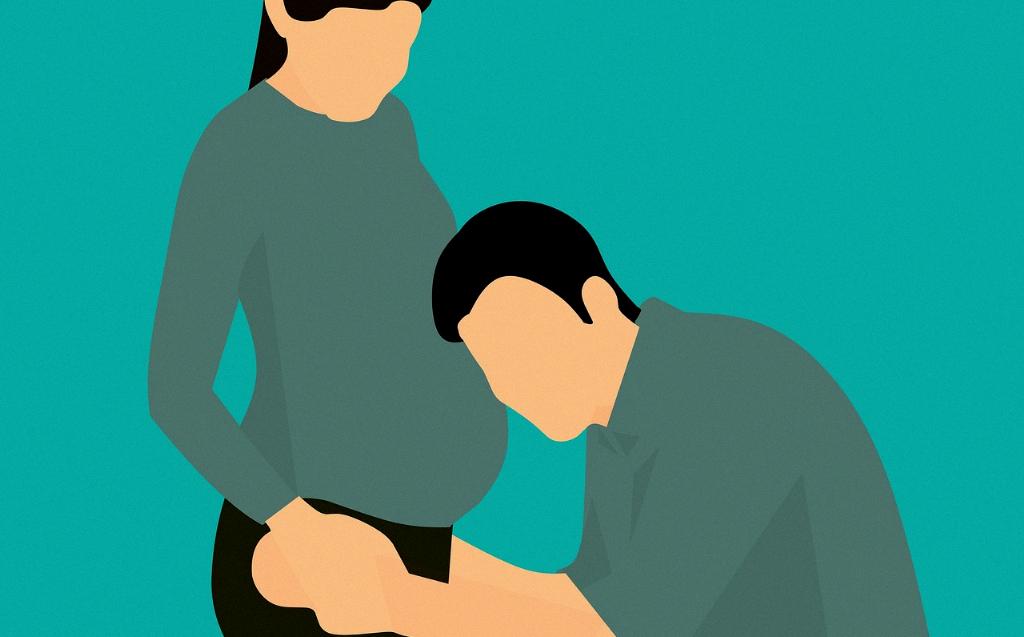For many women who suspect they may be pregnant or are actively trying to conceive, the question of whether breast soreness comes and goes in early pregnancy is a common one. It’s important to acknowledge that every woman’s experience with pregnancy symptoms can vary, but there are some general trends that can provide insight into this particular aspect of early pregnancy.
The Nature of Breast Soreness
During the earliest weeks of pregnancy, it’s not uncommon for women to experience breast soreness that can range from constant to intermittent. This discomfort is often described as dull and achy, with breasts feeling heavy and swollen. The sensitivity of the breasts can also increase, making activities like exercise and sexual intimacy uncomfortable.
Factors Influencing Breast Soreness
The fluctuation in breast soreness during early pregnancy can be influenced by hormonal changes in the body. As levels of hormones like estrogen and progesterone rise, the breast tissue undergoes changes that can lead to soreness and sensitivity. Additionally, increased blood flow to the breasts can contribute to feelings of swelling and heaviness.
Intermittent Nature of Symptoms
It’s important to recognize that while some women may experience constant breast soreness in early pregnancy, others may find that this symptom comes and goes. Factors such as individual hormonal levels, activities undertaken throughout the day, and even hydration levels can all play a role in the fluctuation of breast discomfort.
Managing Breast Soreness
For women experiencing bothersome breast soreness in early pregnancy, there are several strategies that can help alleviate the discomfort. Wearing a supportive bra, avoiding underwire styles, and opting for soft, breathable fabrics can provide relief. Gentle breast massage and warm compresses may also help soothe soreness.
Seeking Medical Advice
If breast soreness in early pregnancy is accompanied by severe pain, redness, or unusual discharge from the nipples, it’s important to seek medical advice promptly. These symptoms could indicate an underlying issue that requires attention from a healthcare provider.
Emotional Impact of Symptoms
It’s also crucial to acknowledge the emotional impact that pregnancy symptoms like breast soreness can have on women. Dealing with physical discomfort, coupled with the anticipation and excitement of a potential pregnancy, can lead to a range of emotions. Seeking support from loved ones or healthcare professionals can be beneficial.
Communication with Partner
Open communication with a partner or support system is key during early pregnancy. Explaining the nature of breast soreness and how it can fluctuate may help manage expectations and foster understanding. Partners can provide valuable emotional support during this time of transition.
Self-Care Strategies
Engaging in self-care practices can also contribute to overall well-being during early pregnancy. Making time for relaxation, staying hydrated, getting adequate rest, and maintaining a balanced diet are all important aspects of supporting physical and emotional health throughout this period.
Monitoring Symptoms
Keeping track of symptoms, including the patterns of breast soreness, can provide valuable information for healthcare providers. Noting any changes or developments in discomfort can assist in ensuring that any concerns are addressed promptly and effectively.
Final Thoughts
In conclusion, breast soreness in early pregnancy can indeed come and go for many women. Understanding the nature of this symptom, as well as implementing self-care strategies and seeking medical advice when necessary, can help navigate this aspect of the pregnancy journey with confidence and care.

